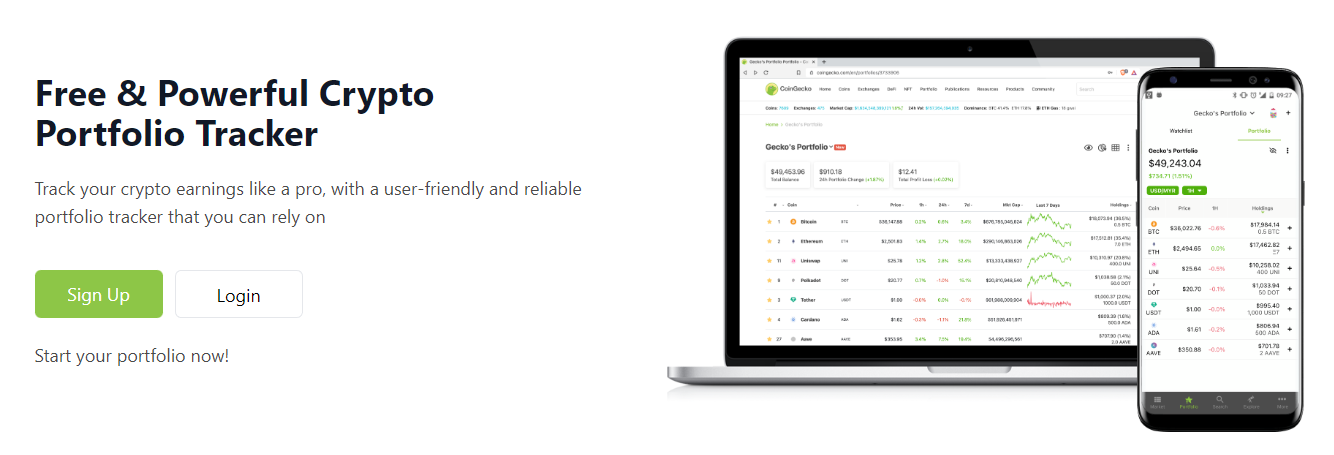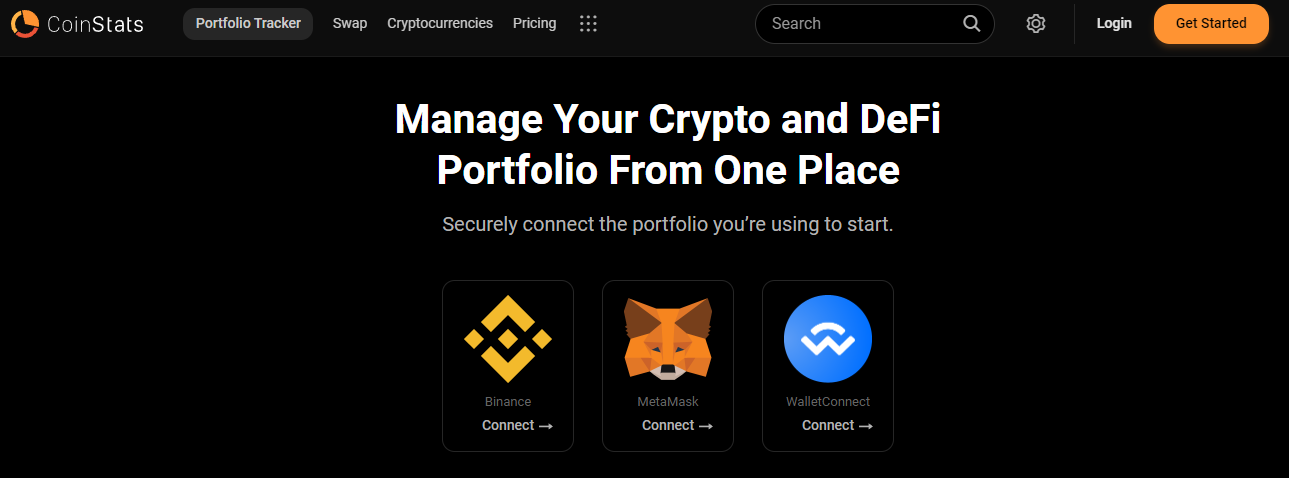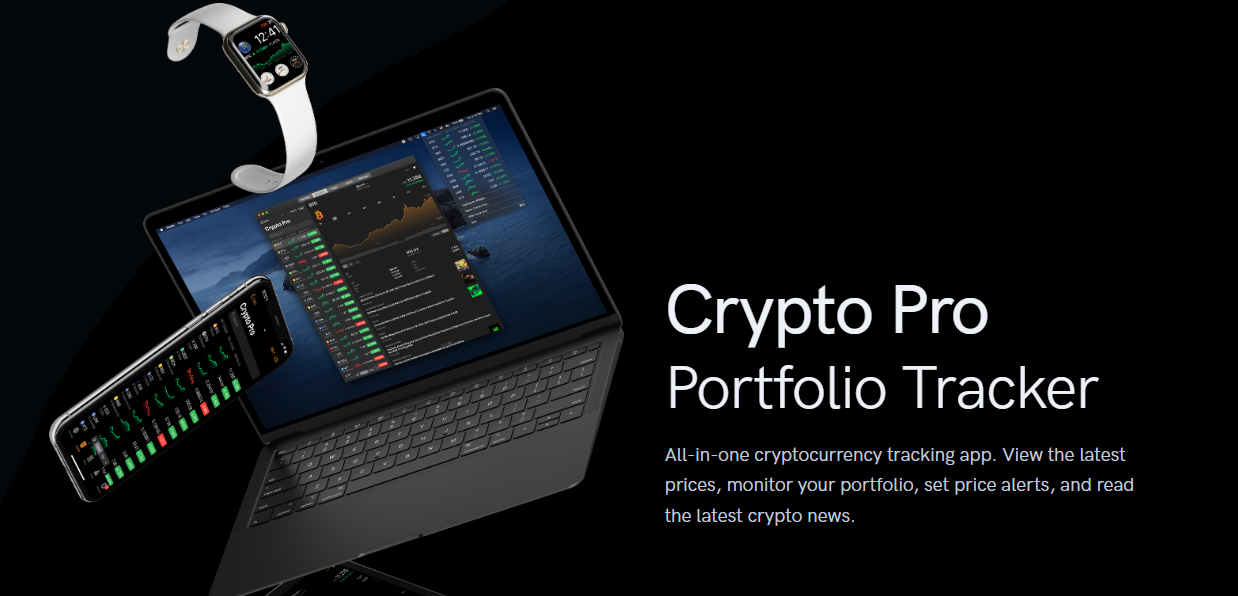
Solana vs Ethereum: The Ultimate 2025 Comparison for Crypto Traders

The blockchain landscape continues to evolve at a breakneck speed, with two titans standing at the forefront of innovation: Ethereum, the established giant, and Solana, the rising challenger. At first glance, Solana and Ethereum may appear similar or direct rivals, but deeper differences set them apart. As we navigate through 2025, the competition between these ecosystems has intensified, creating compelling opportunities for traders, developers, and investors alike. Understanding the key metrics and performance indicators of both networks is crucial for making informed investment decisions in today’s dynamic crypto market. This comprehensive comparison of Solana vs Ethereum will explore their market performance, user adoption, technical capabilities, transaction costs, ecosystems, and future outlook to help you navigate the rapidly evolving blockchain technology space.
Market Performance and Momentum
In 2025, the market performance of Solana and Ethereum reveals distinct trajectories that highlight their evolving roles in the crypto market. Solana has demonstrated remarkable resilience and growth, with its native SOL token experiencing significant price appreciation. This surge has elevated Solana’s market capitalization, solidifying its position as a major player within the broader crypto ecosystem. The rapid expansion of the Solana blockchain and its ecosystem has attracted both retail and institutional investors looking for high performance and cost efficiency. Solana also draws significant on-chain capital, including assets and staking yields, which further contribute to its momentum.

Ethereum, on the other hand, remains a stalwart in the blockchain space. Despite facing different market dynamics, Ethereum continues to show impressive stability amid fluctuations. This resilience is bolstered by significant technological advancements, including Ethereum’s transition to a proof of stake consensus mechanism and the growing adoption of Layer-2 scaling solutions such as Arbitrum and Optimism. These upgrades have enhanced Ethereum’s scalability and user experience, strengthening its market position. Ethereum attracts substantial institutional capital and large holdings, providing a strong funding base for ongoing development and growth.
The SOL/ETH ratio continues to reflect shifting market dynamics, illustrating Solana’s growing market presence relative to Ethereum. This ratio provides valuable insight into investor sentiment and the comparative value of these two blockchain platforms as they vie for dominance in the decentralized finance (DeFi) and smart contract space.

User Activity and Network Adoption
When it comes to real-world usage and network adoption, Solana stands out with impressive user engagement metrics. The Solana network boasts approximately 3.25 million daily active users, significantly surpassing Ethereum’s 410,000+ daily active users. This level of engagement translates into substantial transaction volume, with Solana processing around 35.99 million daily transactions compared to Ethereum’s 1.13 million. These figures highlight Solana’s appeal to users who prioritize speed and low transaction fees.
The growth of new addresses further underscores Solana’s expanding user base. Solana generates about 56.31 million monthly new addresses, dwarfing Ethereum’s 7.18 million. This rapid increase reflects Solana’s ability to attract users with its high speed, low cost, and high throughput capabilities. Many DeFi protocols and decentralized applications (dApps) have flourished on Solana, benefiting from the network’s parallel execution and low latency.
Ethereum, with its largest developer ecosystem and established infrastructure, continues to attract developers and users focused on security, decentralization, and a broad array of services. Its ecosystem supports tokenized stocks, automated market makers, and decentralized exchanges, maintaining its role as the backbone of many DeFi and NFT projects.
Technical Performance and Scalability
The technical differences between Solana and Ethereum are fundamental to their respective value propositions and use cases. Solana’s architecture uniquely combines Proof of Stake (PoS) with Proof of History (PoH), a consensus mechanism that timestamps transactions to enable parallel processing. This innovative approach allows Solana to achieve exceptional scalability and performance metrics, making it the fastest blockchain platform currently available.
In real-world terms, Solana handles approximately 870.6 transactions per second (TPS), with observed peaks reaching up to 4,709 TPS. The network’s theoretical maximum throughput is an astounding 65,000 TPS, positioning it well for future growth and high-frequency applications. Solana’s block time is approximately 0.39 seconds, with transaction finality achieved in about 12.8 seconds, delivering a low-latency user experience.
Ethereum’s base layer, by contrast, currently processes around 15 to 30 TPS. However, Ethereum’s development strategy focuses on modular scaling through Layer-2 solutions rather than maximizing throughput at the base layer. This approach balances scalability with network security and decentralization, which remain top priorities for Ethereum’s large and diverse user base. The network’s ongoing upgrades, including danksharding, aim to improve transaction throughput while maintaining robust security guarantees.
For developers, Ethereum’s mature smart contract platform and vast array of tools provide a rich environment for building decentralized applications. Meanwhile, Solana’s high throughput and low latency make it particularly attractive for DeFi protocols, blockchain gaming, and applications requiring rapid transaction finality.
Transaction Costs and Economic Models
Transaction costs are a critical factor when comparing Solana vs Ethereum, especially for users and developers engaged in decentralized finance and high-frequency trading. Solana excels in cost efficiency, maintaining remarkably low fees with an average transaction cost of approximately $0.00025 (0.0001 SOL). This low cost makes Solana highly attractive for micropayments, DeFi interactions, and applications that require frequent transactions without incurring prohibitive expenses.
Ethereum’s fee structure, centered around gas fees, is more complex and often volatile. Gas fees can fluctuate widely, ranging from $1 to $30 during periods of high network congestion. The average gas price typically varies between 2 to 99 Gwei, which can make using Ethereum costly during peak times. This variability has driven many users to Layer-2 solutions that offer reduced fees while preserving Ethereum’s security and decentralization benefits.
The economic models of both networks also differ in how they incentivize participation. Ethereum’s proof of stake consensus mechanism allows users to stake their ETH and earn staking rewards, providing higher staking yields and encouraging network security through economic incentives. Solana also employs staking, with SOL holders able to stake tokens to support network security and earn rewards, although its consensus mechanism’s hybrid nature differentiates its staking dynamics.
Ecosystem Development and Innovation
Both Solana and Ethereum have cultivated vibrant ecosystems, but each with unique strengths and focuses. Ethereum remains the largest smart contract platform with the most extensive developer ecosystem. Its comprehensive tooling, documentation, and mature infrastructure have fostered a wide array of decentralized applications, from DeFi protocols and NFT marketplaces to enterprise blockchain solutions. Ethereum’s ecosystem continues to evolve quickly, supported by robust developer experience and a large community.
Solana, while younger, has rapidly gained traction, particularly in sectors demanding high performance and low fees. The Solana ecosystem is evolving quickly, with new SDKs, libraries, and projects emerging at a rapid pace. It has become synonymous with innovation in DeFi and NFTs, attracting projects that benefit from its high throughput and cost efficiency. Gaming applications and consumer-facing dApps have found particular success on Solana, leveraging its architecture to deliver seamless and engaging user experiences. Wallets like Phantom have further enhanced user accessibility to the Solana ecosystem. Phantom wallet enables bridging tokens across Solana, Ethereum, and other blockchains, and supports both browser extensions and mobile apps for cross-chain operations.
It is worth noting that Solana’s architecture supports parallel execution, which differentiates it from Ethereum’s sequential processing model. This technical advantage enables Solana to handle a higher volume of transactions simultaneously, fueling its ecosystem growth. However, despite these strengths, Solana has experienced network outages in the past, which have impacted user confidence and ecosystem development, though ongoing improvements aim to address these issues.
Smart Contracts and Use Cases
Smart contracts are the backbone of blockchain innovation, enabling self-executing agreements with the terms directly embedded in code. This technology powers a vast array of decentralized applications (dApps), from decentralized finance (DeFi) protocols and non-fungible tokens (NFTs) to gaming and tokenized stocks. Both Solana and Ethereum support robust smart contract development, but each brings unique strengths to the table.
Ethereum remains the established smart contract platform, boasting the largest developer ecosystem in the crypto market. Its mature infrastructure supports a wide range of DeFi protocols, including lending platforms, decentralized exchanges, and automated market makers. This extensive network has made Ethereum the go-to choice for developers building complex decentralized applications and for investors seeking exposure to the heart of decentralized finance. The transition to a Proof of Stake (PoS) consensus mechanism has further enhanced Ethereum’s network security and reduced its environmental impact, making it more attractive to environmentally conscious users and institutional investors.
However, Ethereum’s base layer still faces challenges with gas fees and transaction throughput, which can impact cost efficiency and user experience—especially during periods of high network activity. While Layer-2 solutions are helping to alleviate these issues, the need for scalability remains a key consideration for developers and users alike.
On the other hand, the Solana blockchain is engineered for high performance, low latency, and cost efficiency. Its innovative architecture, combining Proof of History (PoH) with parallel execution, enables high throughput and rapid transaction processing. This makes Solana particularly well-suited for applications that demand speed and low fees, such as high-frequency trading, real-time gaming, and consumer-facing dApps. The Solana ecosystem has seen rapid growth in recent months, with a surge in the creation and trading of tokenized stocks—digital representations of traditional equities that offer greater accessibility and liquidity in the crypto market.
Developers are increasingly drawn to Solana for its ease of use, high speed, and low transaction fees, while users benefit from seamless experiences through popular wallets like Phantom. The Solana vs Ethereum debate often centers on these key differences: Ethereum’s established smart contract platform and security versus Solana’s high performance and cost efficiency.
For investors looking to buy stock in blockchain technology or directly invest in SOL or ETH, it’s essential to conduct your own research, analyze market data, and consider factors such as network security, exchange commission, and potential for growth. Resources like Motley Fool’s Stock Advisor have demonstrated market crushing outperformance compared to the S&P 500, with a total average return worth noting for those aiming to produce monster returns in the evolving crypto market.
Ultimately, both Solana and Ethereum offer compelling opportunities for developers, users, and investors. The choice depends on your specific needs—whether you prioritize the largest developer ecosystem and established DeFi protocols with Ethereum, or seek high throughput, low fees, and rapid innovation within the Solana ecosystem. As blockchain technology continues to evolve quickly, staying informed about the latest trends and key differences between these platforms will help you make smarter investment decisions and capitalize on the next wave of decentralized applications.
Token Metrics and Trading Implications
From a trading perspective, both Solana and Ethereum offer distinct advantages depending on investor goals and risk tolerance. Ethereum’s established market cap and broader institutional adoption provide stability and predictable liquidity. The network’s transition to proof of stake has introduced new staking rewards, creating yield opportunities for long-term holders seeking steady income.
Solana’s rapid growth and technical superiority in speed and cost efficiency have made it attractive to growth-oriented investors. The network’s potential to support emerging trends in blockchain gaming, consumer applications, and high-frequency DeFi protocols positions SOL as a compelling investment for those willing to embrace higher volatility and risk.
Market data over the past three months reveals that Solana’s performance has delivered market crushing outperformance compared to many other coins, attracting attention from investors looking to produce monster returns. However, Ethereum remains a cornerstone of the crypto market, with its vast ecosystem and ongoing upgrades ensuring its continued relevance.
Future Outlook and Strategic Positioning
Looking ahead through 2025 and beyond, both Solana and Ethereum are pursuing ambitious upgrade paths that will shape their strategic positioning in the blockchain space. Solana’s upcoming Firedancer upgrade promises to dramatically increase transaction throughput, potentially handling up to 1 million transactions per second while further reducing fees. This development could cement Solana’s status as the go-to platform for performance-critical applications requiring low latency and high speed.
Ethereum’s roadmap focuses on enhancing scalability through danksharding and deeper Layer-2 integration. While these improvements may not reach Solana’s raw throughput numbers, they emphasize Ethereum’s commitment to maintaining decentralization and network security, which are highly valued by institutional users and developers.
For investors and developers, understanding these trajectories is essential. Solana’s focus on speed and low cost complements Ethereum’s emphasis on security and decentralization, suggesting that both networks will coexist and serve different segments of the blockchain market in the coming years.
Making Informed Trading Decisions
For traders and investors, the choice between Solana and Ethereum is not necessarily binary. Each network offers distinct use cases, risk profiles, and growth potentials. Ethereum provides stability, institutional trust, and a proven track record, making it suitable for conservative investment strategies. Meanwhile, Solana offers innovation, high performance, and the potential for higher returns, appealing to those seeking growth opportunities in the evolving crypto market.
Success in crypto trading in 2025 increasingly depends on understanding these fundamental network differences and how they translate into market opportunities and risks. Utilizing professional crypto trading platforms that provide comprehensive market data, transaction volumes, token metrics, and network performance insights is crucial for making well-informed decisions.
Ultimately, Solana and Ethereum both play crucial roles in the future of decentralized finance and Web3 applications. By conducting your own research and staying informed about ongoing developments, you can strategically position your investment portfolio to benefit from the dynamic and rapidly evolving blockchain ecosystem.
Image source: Market data and performance charts from leading crypto analytics platforms.
If you are ready to start investing, consider the key differences between Solana and Ethereum carefully. Whether you choose to buy stock related to blockchain technology or invest directly in these coins, understanding their unique value propositions will help you navigate the exciting opportunities that lie ahead. For further insights, resources like Motley Fool and Stock Advisor provide valuable analysis on market trends and investment strategies, helping you produce monster returns with informed decisions.

.svg)

Create Your Free Token Metrics Account

.png)




%201.svg)
%201.svg)


%201.svg)


















.svg)




.png)